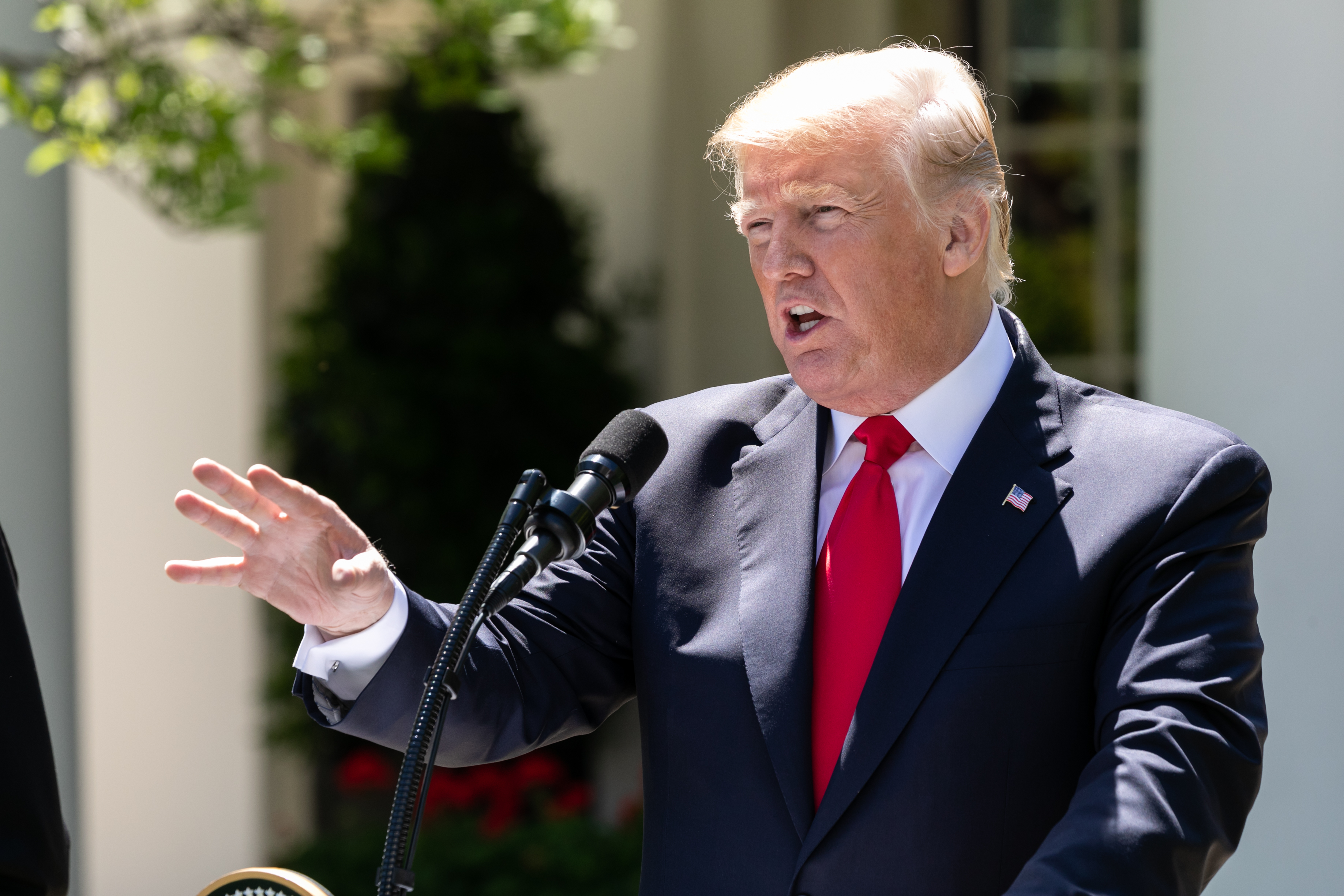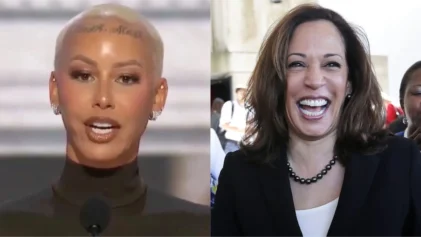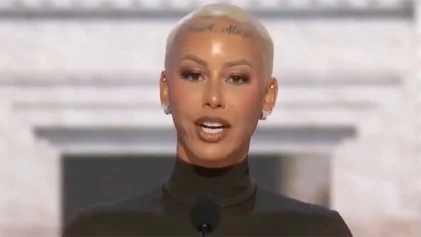Starting on Thursday, Nigerians hoping to apply for a U.S. visa will have to pay an additional fee.
President Donald Trump’s administration has imposed a visa issuance fee for every approved nonimmigrant visa application submitted by Nigerians, according to a press release issued by the U.S. Embassy and Consulate in Nigeria Tuesday, August 27.

The issuance fee, also known as a reciprocity fee, will be required to be paid on top of the existing nonimmigrant visa application fee, or MRV fee, which all applicants pay at the time of registration. Both reciprocity and MRV fees are non-refundable, the news release states. As for the rates at which reciprocity fees start, they range from $80 to $303 depending on the class. Nigerian visa applicants already pay between $160 and $265 for U.S. visitor visas, according to the U.S. Embassy.
The new requirement goes into effect worldwide on August 29.
New fees imposed on visa-seeking Nigerians comes after failed talks between the U.S. and Nigerian government that began in 2018. The 18-month long discussions saw the U.S. government ask that the government in Nigeria change the fees U.S. citizens are charged for certain categories of visas, according to the U.S. Embassy. Until now, it costs more for a U.S. citizen to obtain a visa to Nigeria compared to a Nigerian hoping to get a similar visa to the U.S. As such, the reciprocity fee imposed on Nigerian citizens is intended to eradicate the difference in costs between the comparative visas.
More stringent reciprocity terms started to be advocated for two years ago when Trump launched an executive order known as the Muslim ban, or the travel ban imposed on seven predominantly Muslim countries: Iran, Iraq, Libya, Somalia, Sudan, Syria and Yemen. According to Quartz, the ban also put the Secretary of State in charge of reviewing “all non-immigrant visa reciprocity agreements” especially in regards to validity periods and application fees.
The order stated that “if a country does not treat United States nationals seeking nonimmigrant visas in a reciprocal manner, the Secretary of State shall adjust the visa validity period, fee schedule, or other treatment to match the treatment of United States nationals by the foreign country, to the extent practicable.”
Even though Nigeria was not named in the ban, the country urged citizens at the time not to travel to the United States unless the trip was an urgent one. The government issued the advisory based on reported problems Nigerians were running into when trying enter into the U.S. despite having valid visas.
“In the last few weeks, the office has received a few cases of Nigerians with valid multiple-entry U.S. visas being denied entry and sent back to the Nigeria,” Abike Dabiri-Erewa, a presidential aide on foreign affairs and diaspora said at the time. “In such cases reported to the office, such affected persons were sent back immediately on the next available flight and their visas were canceled.”


